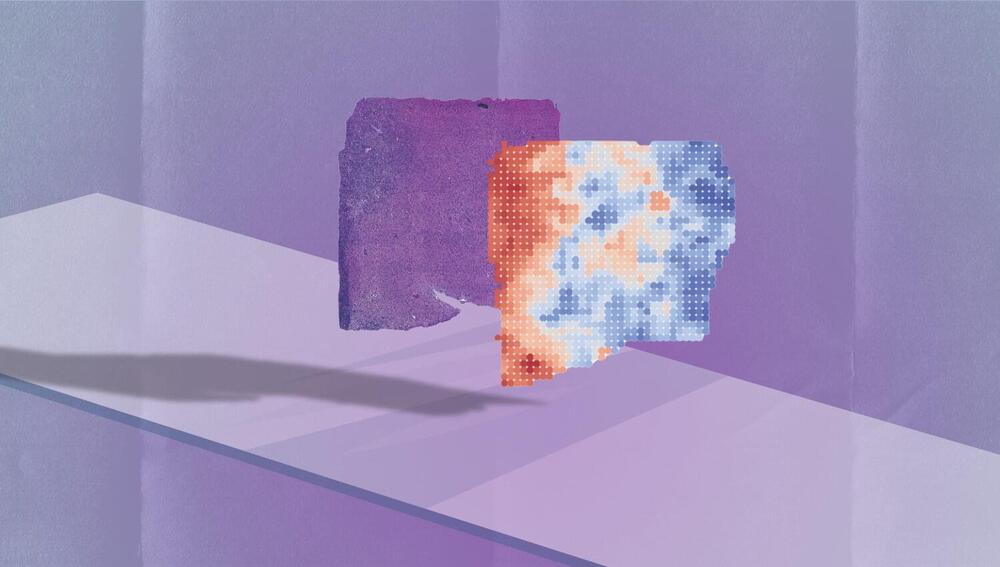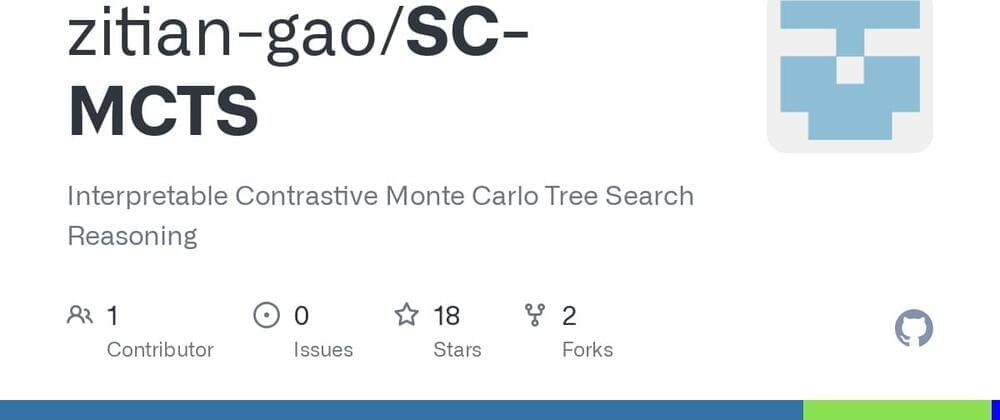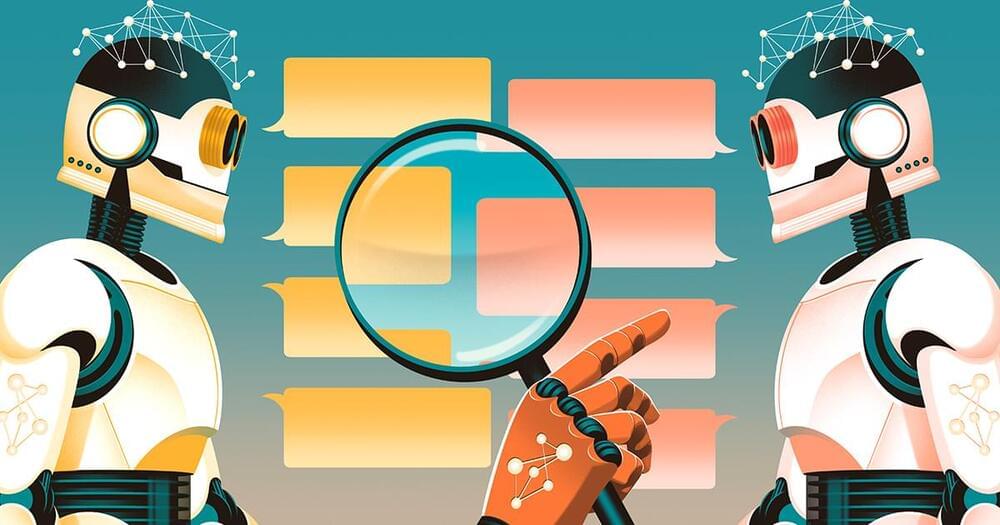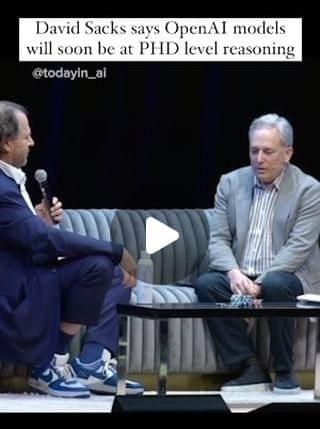To determine the type and severity of a cancer, pathologists typically analyze thin slices of a tumor biopsy under a microscope. But to figure out what genomic changes are driving the tumor’s growth—information that can guide how it is treated—scientists must perform genetic sequencing of the RNA isolated from the tumor, a process that can take weeks and costs thousands of dollars.
Now, Stanford Medicine researchers have developed an artificial intelligence-powered computational program that can predict the activity of thousands of genes within tumor cells based only on standard microscopy images of the biopsy.
The tool, described online in Nature Communications Nov. 14, was created using data from more than 7,000 diverse tumor samples. The team showed that it could use routinely collected biopsy images to predict genetic variations in breast cancers and to predict patient outcomes.






